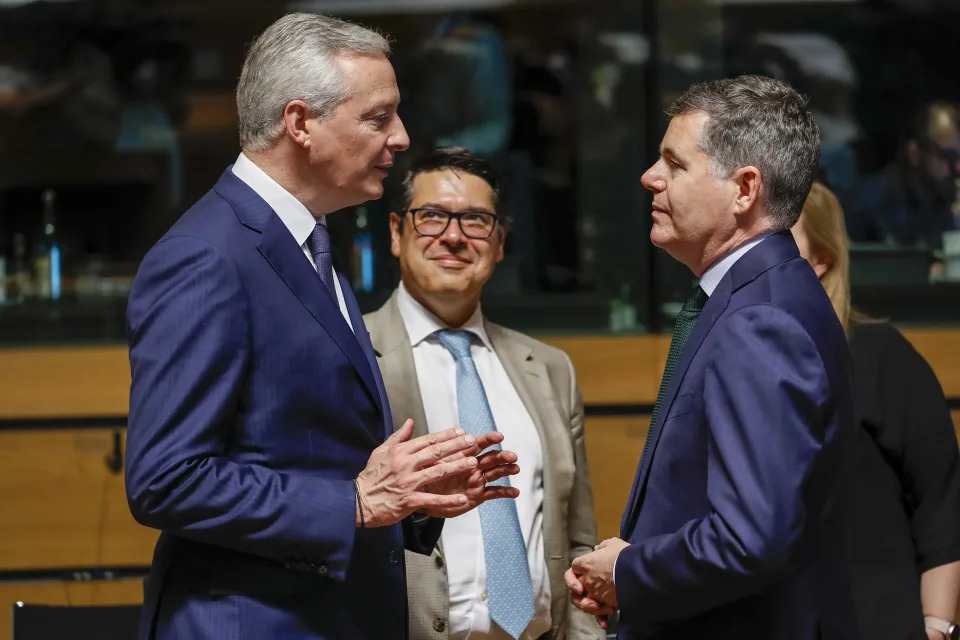Luxembourg, June 17 – Hungary finally fulfilled its threat and vetoed this Friday the project of the European Union (EU) to create a minimum tax of 15% on multinational companies, in line with the agreement reached at the international level in the OECD last summer.
For the third time so far this year, the EU Finance Ministers (Ecofin) were unable to obtain unanimous support for this measure, which needs the approval of the Twenty-seven, without exception, as it is a legislative draft on taxation .
Poland was until now the country that blocked the agreement, but Warsaw lifted its veto after getting the EU to commit in writing not to ignore the other pillar of the OECD agreement, which seeks to create a tax for companies in the digital environment , but whose work on the technical details is progressing slowly in the international forum.
Hungary, which had reservations in the first months of the negotiations, but which were resolved when the Twenty-seven offered a series of exceptions in the application of the levy, announced this week by surprise that it would block the agreement, a threat that it has finally consummated.
“Hungary cannot support the proposal for a directive for a global minimum rate at the moment, the work is not ready, I think we have to continue with the efforts to find a solution”, Hungarian Minister Mihály Varga concluded in the Ecofin public debate. .
Budapest argues that introducing the tax “prematurely” would cause “serious damage” to European economies in the current context of inflation, high energy costs and food prices, and supply problems stemming from the war in Ukraine.
“The EU must pay attention to the consequences of the war,” stressed the Hungarian Minister of Finance, who also argued that the “package” agreed in the OECD also includes taxation of companies in the digital environment and there are delays in its conclusion.
After listening to Hungary’s arguments, the French Finance Minister, Bruno Le Maire, as the acting president of Ecofin, made Budapest ugly that when he first gave his approval to the measure, the Russian war in Ukraine had already begun and the club had also responded to his “demand” on “schedule” issues.

